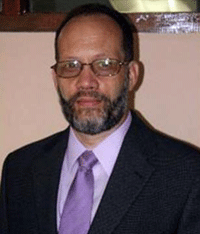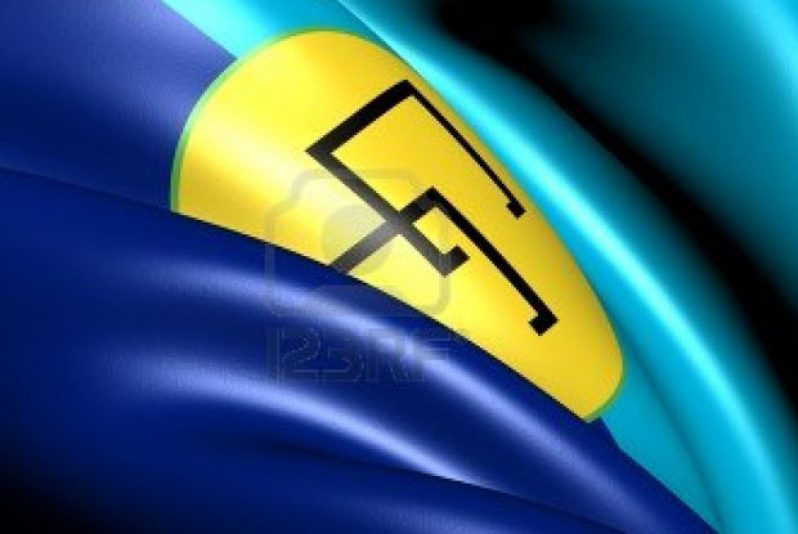THE Caribbean Community (CARICOM) and the United Nations Educational, Scientific, and Cultural Organization (UNESCO) Monday inked a revised Memorandum of Understanding (MOU) in Paris, France.

And CARICOM’s Secretary General, Ambassador Irwin LaRocque, said the agreement not only builds on existing co-operation, but will undoubtedly take the partnership further in the implementation of programmes critical to the development of countries, societies and the quality of life of the people of the Caribbean Community.
He said, “We are pleased to further reaffirm and strengthen that relationship through the signing of a revised Memorandum of Understanding.
“The revised MOU builds on our existing co-operation and addresses some of the emerging issues that now underpin the Community’s development in more fundamental ways. These include the building of inclusive knowledge societies; fostering innovation; inculcating appropriate life skills; and addressing several of the inter-connected issues which will be brought together to address our development needs.
“A number of these issues will also feature prominently in the Post-2015 Development Agenda and Sustainable Development Goals. The cultural component of the agreement also addresses capacity building for cultural industries which is of specific relevance to our Region as we roll out the recently approved CARICOM Cultural Industry Strategy.”
LaRocque added that CARICOM is looking to deepen its engagement with UNESCO in the coming years, the first MOU having been signed a decade ago.
The signing coincided with a meeting of UNESCO’s Director-General, Irina Bokova, and CARICOM delegations to the 37th UNESCO General Conference.
CRITICAL TIMING
The Secretary General stated that the 37th General Conference is occurring at a “critical time” for both UNESCO and CARICOM, when both organisations are examining and refocusing efforts to ensure a meaningful contribution to improving the quality of life for the people they serve.
“For your Organisation, Director-General, my understanding is that your process is principally in response to global challenges to peace and development. Of note, is your broadening of partnerships with the private sector, civil society and other inter-governmental organisations,” he said.
The Secretary General added that the conference, in the lead up to the Third SIDS Global Conference (Samoa 2014), and the elaboration of the Post-2015 Development Agenda and Sustainable Development Goals, provides excellent opportunities for collective contemplation and reshaping of perspectives.
He said, “I am confident that this 37th General Conference will focus on policies and initiatives required for the successful implementation of that Agenda and the achievement of those goals.
“Our Region has identified specific interests in this regard, including a focus on investing in resilience beyond mere addressing of vulnerabilities; refocusing of education systems to address relevance to 21st Century skill requirements and employability; addressing youth unemployment; and the development of critical life skills.
“The issue of preparing young persons for life in a digital age and the implications for our education systems, both in terms of teacher education and school curricula, and the improvement of skills in Science and Mathematics, are high on the priorities for human resource development in our Region.
“Addressing the challenge of attrition and under performance of males throughout our Caribbean education system is an on-going struggle. These are among the areas in which the cooperation with our development partners, including UNESCO, has proven invaluable, and we look forward to strengthening partnerships in these areas.”
According to him, CARICOM member states are known and respected internationally for their many traditional as well as contemporary, cultural expressions in areas such as music, art, craft, the literary and culinary arts, fashion, festivals and theatre.
“Over the past biennium, the increased efforts by UNESCO with regard to awareness building and the importance of preservation of our intangible cultural heritage, have been of significant benefit to the Region. There are so many traditions, indigenous medicines, beliefs, stories, symbols and songs which constitute a vital part of the rich cultural heritage of our people. These make us distinct and unique,” he said.
LaRocque stressed that CARICOM member states, therefore, have a deeply vested interest in the preservation, protection and promotion of this rich cultural heritage.
He said, “This commitment is based on the belief in the importance of safeguarding our cultural heritage for our next generation, to preserve the rich knowledge and skills of our societies and ensure that these are transferred from generation to generation. This contributes to social cohesion and engenders a sense of our Caribbean identity and a sense of belonging.
“…We are also keenly aware of the need to improve the preservation of our architectural heritage and in this regard we welcomed with enthusiasm in 2011 the addition of Historic Bridgetown and its Garrison to the List of World Heritage Sites. We look forward to the assistance of UNESCO in capacity building for preparing our COMMUNITY to have further sites listed.”
He pointed out that the Convention for the Protection of World Cultural and Natural Heritage and the Convention for the Safeguarding of the Intangible Cultural Heritage are critical in this process, and assured that the CARICOM Secretariat will continue its efforts in encouraging member states to become parties to these conventions.



.jpg)










